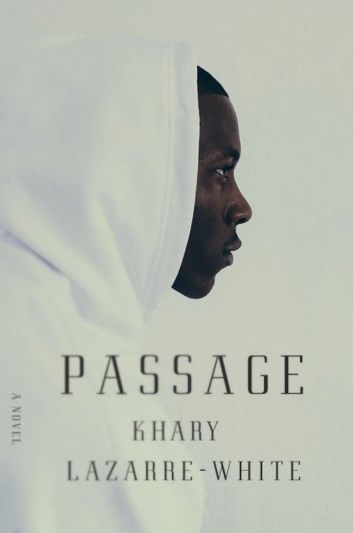"In [Lazarre-White's] world, mysticism and madness walk hand in hand with the waking reality of so many young Black men in America, a reality that by any rational measure is itself insane." --Susan L. Taylor
Passage tells the story of Warrior, a young black man navigating the snowy winter streets of Harlem and Brooklyn in 1993. Warrior is surrounded by deep family love and a sustaining connection to his history, bonds that arm him as he confronts the urban forces that surround him--both supernatural and human--including some that seek his very destruction.
For Warrior and his peers, the reminders that they, as black men, aren't meant to be fully free, are everywhere. The high schools are filled with teachers who aren't qualified and don't care as much about their students' welfare as that they pass the state exams. Getting from point A to point B usually means eluding violence, and possibly death, at the hands of the "blue soldiers" and your own brothers. Making it home means accepting that you may open the door to find that someone you love did not have the same good fortune.
Warrior isn't even safe in his own mind. He's haunted by the spirits of ancestors and of the demons of the system of oppression. Though the story told in Passage takes place in 1993, there is a striking parallel between Warrior's experience and the experiences of black male youth today, since nothing has really changed. Every memory in the novel is the memory of thousands of black families. Every conversation is a message both to those still in their youth and those who left their youth behind long ago. Passage is a novel for then and now.











